Identifying the development of Oriental medicine as an important task contributing to the effective implementation of the work of caring for, protecting and improving people's health, while promoting the economic , cultural and social development of the province, over the past 15 years, Lao Cai Provincial Party Committee has strengthened leadership and direction in implementing Directive 24-CT/TW, dated July 4, 2008 of the Secretariat (10th tenure) on "developing Vietnamese Oriental medicine and the Vietnam Oriental Medicine Association in the new situation" (Directive 24-CT/TW); Conclusion Notice No. 154-TB/TW, dated February 20, 2014 of the Secretariat, contributing to raising awareness of Party committees, authorities, cadres, party members and people about the position, role and importance of Oriental medicine, taking care of people's health with Traditional Medicine (TM).
Lao Cai Provincial Party Committee has issued a plan and action program to implement Directive 24-CT/TW, which clearly defines the goals, tasks, solutions, and roadmap for developing Oriental medicine; building and consolidating Oriental Medicine Associations at all levels. Focusing on spearheading the development of medicinal plants; developing eco- tourism combined with visiting medicinal plant growing areas; tourism combined with purchasing medicinal products and traditional medicines with the characteristics of the province. Directing Party committees at all levels, Party organizations, and sectors to organize research, disseminate, and develop programs and plans for implementation to ensure practicality and high feasibility.
In each period, Lao Cai Provincial Party Committee has included the content of traditional medicine development in the projects on the fields of Health and Agriculture to direct implementation. The Provincial Party Standing Committee issued Resolution No. 10-NQ/TU on the strategy for developing agricultural commodities in Lao Cai province to 2030, with a vision to 2050; The Lao Cai Provincial Party Executive Committee (term XV) issued Project 01-DA/TU on "Restructuring the agricultural and forestry economy of Lao Cai province in the period of 2016-2020"; Project 07-DA/TU on "Developing Health, caring for and improving people's health in the period of 2016-2020". The Provincial People's Committee approved 07 projects, plans and plans for developing medicinal plants in the province, notably: Project on developing medicinal plants in Bac Ha district in the period of 2015-2020; Project “Application of high technology in production and development of medicinal plants”; Project: “Building a pilot model of growing medicinal plants under the forest canopy of O Quy Ho Pass”, Hoang Lien National Park. Many projects on developing medicinal plant resources have brought economic value, contributing to increasing people's income.
In addition, implementing the motto "Inheriting, promoting and developing traditional medicine with modern medicine", Lao Cai province has directed and focused resources on the development of Oriental medicine. In 2019, the province invested in building a new Traditional Medicine Hospital with the scale of a provincial-level specialized hospital with 140 beds with a total cost of more than 110 billion VND. The system of public medical examination and treatment facilities using Oriental medicine has strongly developed. In 2023, the whole province had 398 Oriental medicine beds (4.68 times more than in 2008), 8 Oriental medicine clinics, 35 medicinal herb trading establishments; 01 private general hospital with Oriental medicine department with a scale of 13 beds. The Traditional Medicine Department of district general hospitals has been arranged to increase the number of Traditional Medicine beds from 5 beds/hospital in 2008 to 20-30 beds in 2023. The funding for medical examination and treatment using Traditional Medicine and purchasing medicinal materials has basically met the requirements for developing Oriental Medicine in each period. The development and promulgation of mechanisms and policies to develop human resources for Traditional Medicine has been given attention. The system of public medical examination and treatment facilities using Traditional Medicine has developed strongly. Provincial Traditional Medicine Hospitals, Traditional Medicine Departments, Traditional Medicine Examination and Treatment Units of district general hospitals, and commune, ward, and town health stations have been increasingly improved and upgraded.
Lao Cai province has issued a number of support policies that have attracted many high-quality cadres to work and operate in the field of traditional medicine. The work of training, fostering and developing the team of cadres and doctors of traditional medicine has been focused on. Currently, the whole province has nearly 5,100 people performing medical examination and treatment using traditional medicine, of which over 970 doctors and physicians are members of the Oriental Medicine Association. The team of cadres and doctors of traditional medicine is increasing in number, with good expertise to meet the needs of medical examination and treatment of the people.
Thanks to that, more and more patients have been attracted to examine and treat diseases using traditional medicine and traditional medicine combined with modern medicine (TM). In 15 years, the whole province has had nearly 4,590,000 patients examine and treat diseases at medical facilities. Many traditional medicine treatment methods are increasingly applied by medical facilities such as: using phototherapy; treatment by acupuncture, electroacupuncture, hydroacupuncture, massage, acupressure; treatment by suction cupping, decoction of herbal medicine... The use of traditional medicine methods in examination and treatment is increasingly effective, contributing positively to the cause of caring for, protecting and improving people's health.
In particular, taking advantage of the potential and advantages of climate and soil suitable for the development of medicinal plants with many rare medicinal plants under conservation; in recent years, Lao Cai province has paid attention to promoting research, inheritance, conservation and development of Oriental medicine and medicinal resources. Lao Cai is cultivating and developing a number of transplanted precious medicinal plants; there are many rare plants with high medicinal value, there are some endemic medicinal plants such as: Barberry, Seven-leaf flower, Ginseng, Panax notoginseng... The province has planned a specialized area for growing medicinal plants with an area of over 3,000 hectares; mainly concentrated in the districts: Bac Ha, Bat Xat, Muong Khuong, Si Ma Cai and Sa Pa town. Of which, 2,000 hectares are planted with some perennial medicinal plants such as: Che day, Giao co lam, Tam that, That diep nhat chi hoa, Ha thu o, Do trong,... Every year, districts and towns: Bac Ha, Si Ma Cai, Bat Xat, Sa Pa plant about 500 hectares of short-term medicinal plants with 6 main types: Artichoke; Dang quy, Cat canh, Ligusticum wallichii, Dang sam, Chua du. Traditional medicine hospitals and regional polyclinics (DKKV), commune and ward health stations all have medicinal herb gardens growing medicinal plants. The units not only develop the number of medicinal plants according to the regulations of the Ministry of Health but also encourage the collection, preservation, and replication of valuable medicinal plants in the locality and promote their use to patients and people.
Research and scientific application Technology in Oriental medicine is promoted. The Sa Pa Medicinal Plant Research Camp of the Institute of Medicinal Materials carries out the task of researching, testing, transplanting, and preserving a number of medicinal herbs with economic and medicinal value. Many precious medicinal herbs are produced on a large scale such as: Betel, Codonopsis pilosula, Red Polygonum multiflorum, Artichoke, Eucommia ulmoides, Angelica sinensis... Among them, there are a number of medicinal herbs that are processed into high-value products such as: Boganic from Artichoke; Ampelop from Tea vine; Didicela and Bo Tham Hoan from Angelica sinensis, Gynostemma pentaphyllum tea from Gynostemma pentaphyllum... Currently, in the province, there are a number of good models and effective ways to develop medicinal herbs, examine and treat diseases with Oriental medicine such as: Members of the Oriental Medicine Association have a medicinal garden growing more than 100 precious medicinal herbs; Traditional Medicine Practitioner Pham Trong Hung has many traditional medicine recipes certified by the Department of Health; Many traditional medicine recipes are widely used, many indigenous knowledge is commercialized such as the Red Dao bath recipe,...
However, in addition to the achieved results, the development of Oriental medicine in Lao Cai province still has some shortcomings, limitations, and problems that need attention, such as: The network of Oriental medicine examination and treatment facilities is not operating evenly. The quality of Oriental medicine examination and treatment at some hospitals is still limited; human resources for examination and treatment using Oriental medicine at the grassroots level are still lacking. Investment funds for facilities serving research, development, and treatment using Oriental medicine are not much, not meeting the requirements for examination and treatment of Oriental medicine combined with modern medicine. Management of Oriental medicine examination and treatment activities for non-public medical facilities is not strict. Some traditional doctors and pharmacists are old but do not have a successor generation, so there is a risk of losing some good remedies and valuable experiences among the people. The development of medicinal herb areas is not commensurate with the potential and advantages of the province; the organization of production, collection, and processing of medicinal herb products is still small-scale and not very effective. The linkage in medicinal plant production is not tight; there are not many good models or creative ways to develop medicinal plant production areas...
To continue developing Oriental medicine, building and consolidating strong Oriental Medicine Associations at all levels, in the coming time, Lao Cai province will continue to promote the dissemination of Directive 24-CT/, Conclusion Notice No. 154-TB/TW of the Secretariat and the policies and guidelines for the development of Oriental Medicine and the Oriental Medicine Association in the Plans, Action Programs and Projects of Lao Cai Provincial Party Committee to create a strong and comprehensive change in the awareness and responsibility of Party committees, authorities, organizations and people about the role of Oriental Medicine and the Oriental Medicine Association in caring for, protecting and improving people's health. Continue to effectively implement the Prime Minister's decisions on the program for the development of Oriental Medicine, combining Oriental Medicine with Modern Medicine until 2030.
At the same time, review and research to develop new policies and mechanisms to attract qualified and capable traditional medicine staff to work in the province. Proactively and promptly consolidate the organization, develop members, create favorable conditions for the Oriental Medicine Association and professional organizations in the field of Oriental Medicine to operate and develop. Focus on promoting the development of local endemic medicinal plants, popularizing good remedies for people of all walks of life to apply in order to improve the quality of care and protect human health. Regularly pay attention to training, fostering, and coaching to improve the professional qualifications and political theory of the staff of the Oriental Medicine Association at all levels. Continue to invest in facilities, equipment, and medical supplies for the Provincial Traditional Medicine Hospital and the Oriental Medicine Department of district hospitals to promote the examination and treatment of diseases using Oriental medicine. Strengthening the combination of Traditional Medicine and Modern Medicine in disease prevention, examination, treatment, rehabilitation, and improving people's health in accordance with the spirit of Resolution No. 20-NQ/TW, dated October 25, 2017 of the Party Central Committee.
Pay attention to planning key medicinal plant growing areas, preserve and develop genetic resources and precious medicinal herbs suitable to the characteristics and ecological conditions of localities; disseminate, orient and encourage planting and caring for precious medicinal herbs in households and communities. Focus on developing local endemic medicinal herbs. Collect, inherit and develop traditional oriental medicine prescriptions of traditional physicians in the province. Strengthen state management of establishments preparing medicines, selling medicines, examining and treating diseases with traditional medicine; regularly inspect, examine and supervise the implementation of Party policies and State regulations on traditional medicine to ensure compliance with regulations on production and circulation of oriental medicine and medicines derived from medicinal herbs. Mobilize many resources to invest in upgrading facilities and equipment for treating diseases with traditional medicine, especially at the grassroots health care level.
Focus on improving the quality of activities of Oriental Medicine Associations at all levels; build close working relationships between Oriental Medicine Associations at all levels. Encourage members to participate in the production of medicinal plants, grow medicinal gardens, and disseminate good remedies and valuable experiences in examination and treatment with Oriental Medicine./.
Source










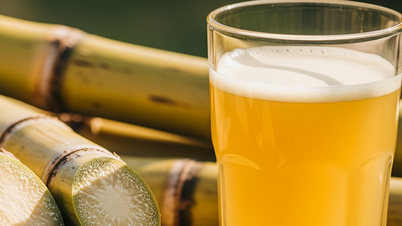



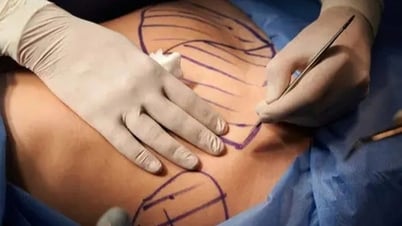
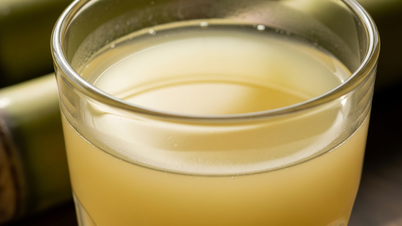
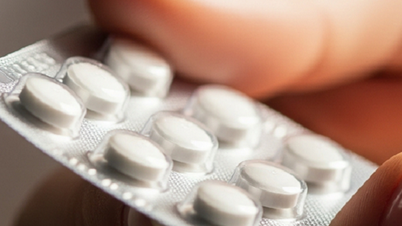





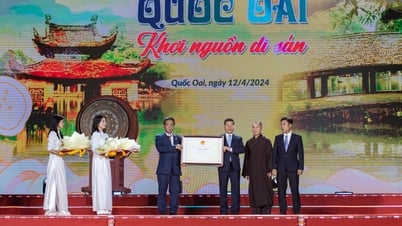

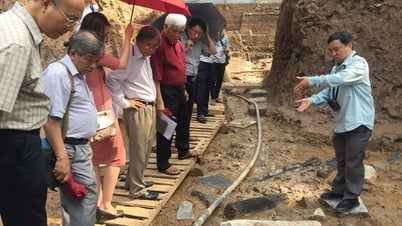
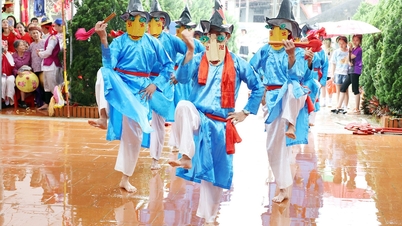
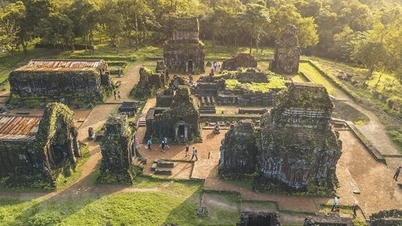































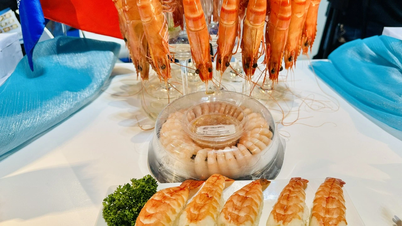











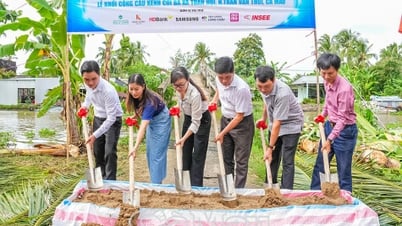

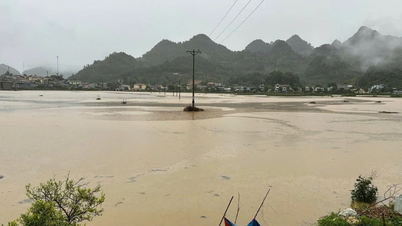




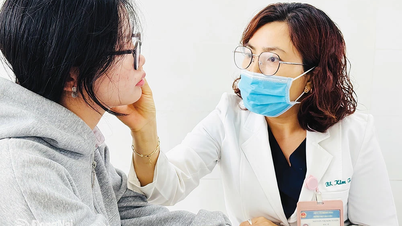

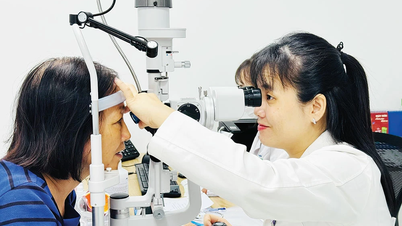








![[OCOP REVIEW] Tu Duyen Syrup - The essence of herbs from the mountains and forests of Nhu Thanh](https://vphoto.vietnam.vn/thumb/402x226/vietnam/resource/IMAGE/2025/6/5/58ca32fce4ec44039e444fbfae7e75ec)



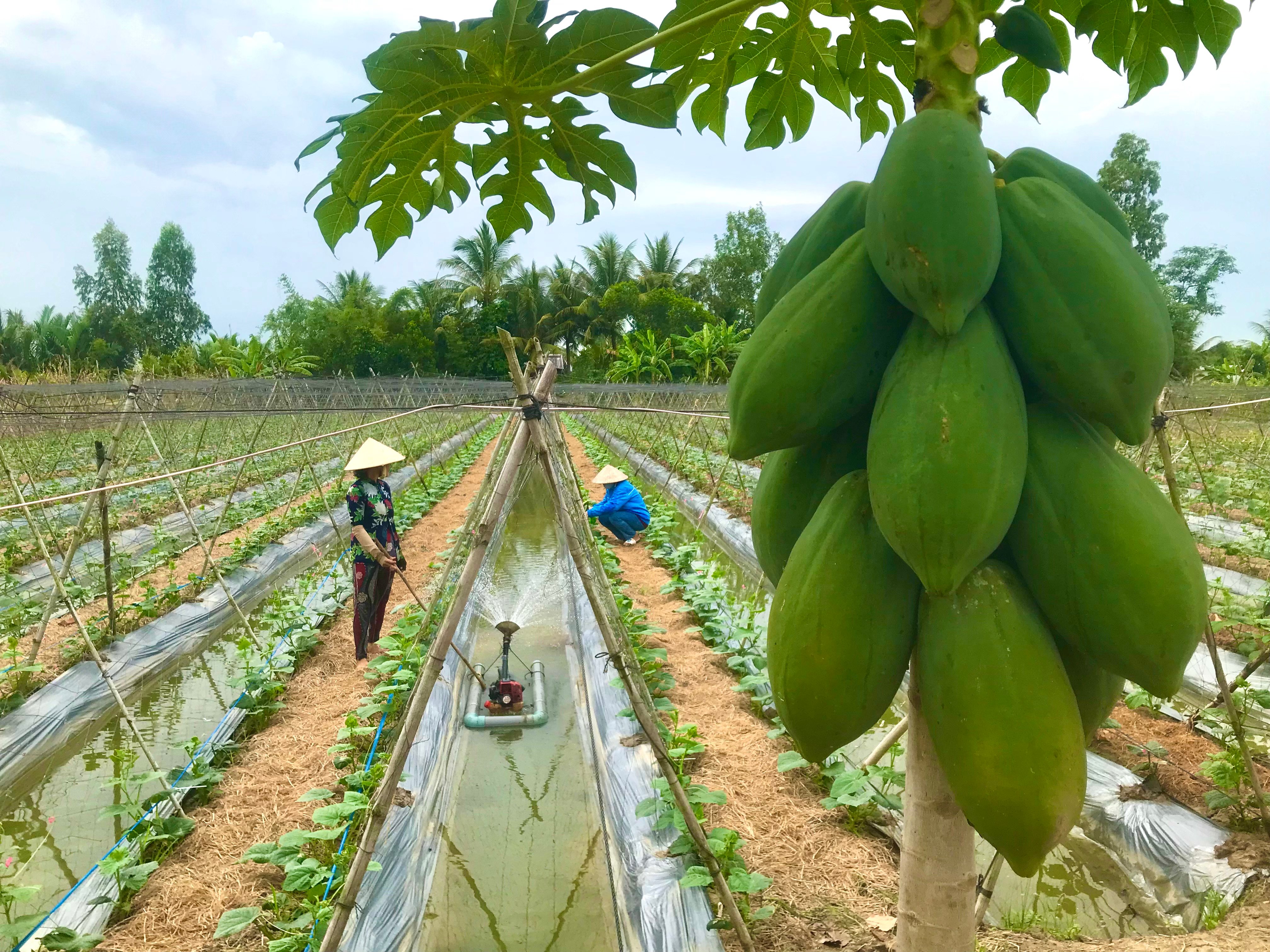
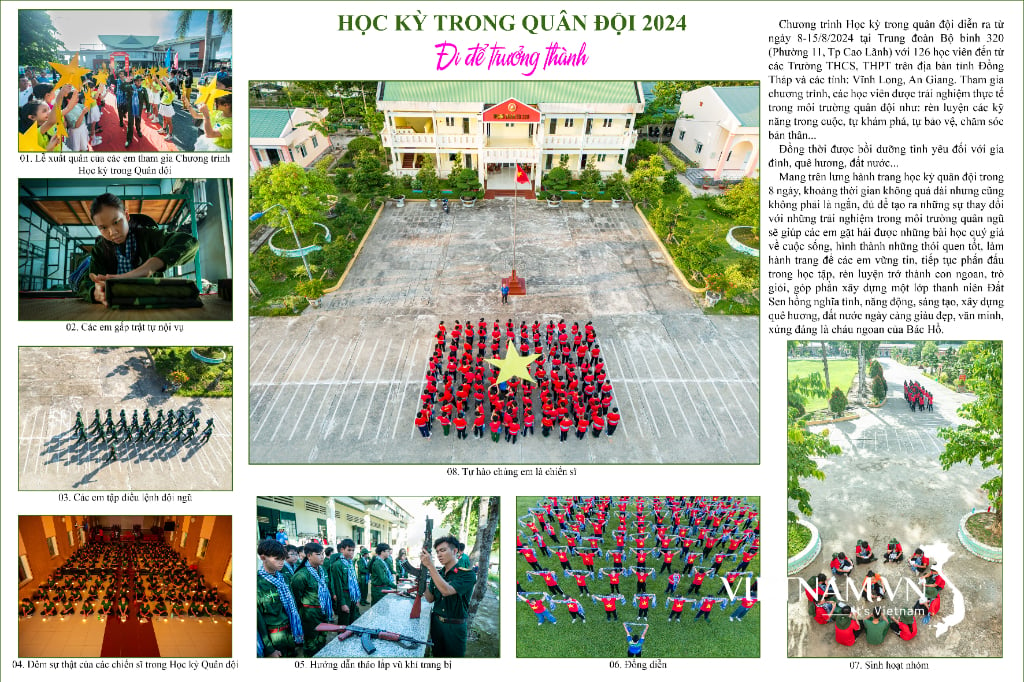
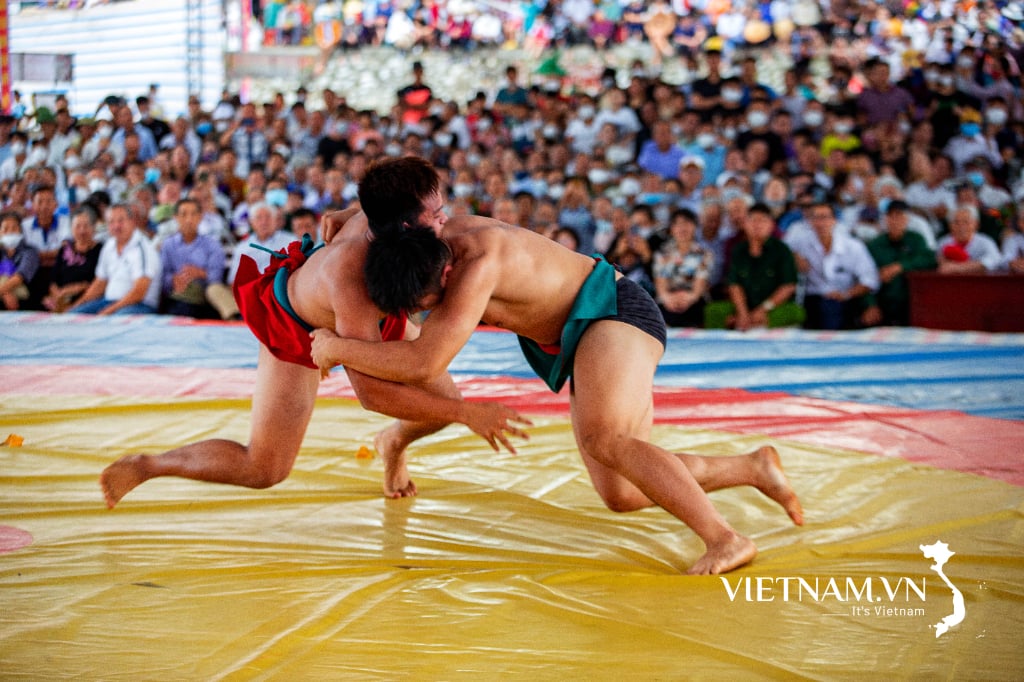
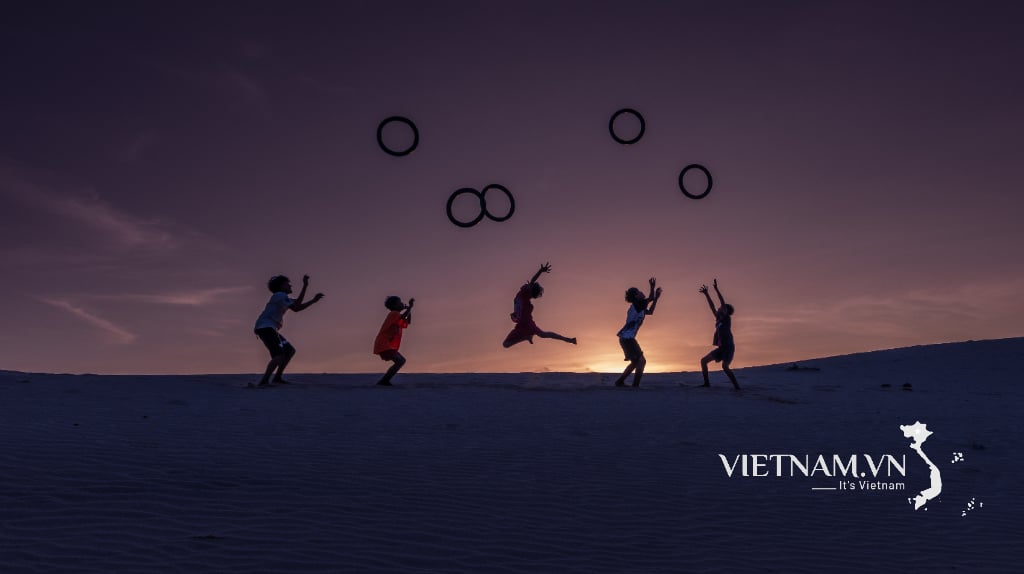
Comment (0)